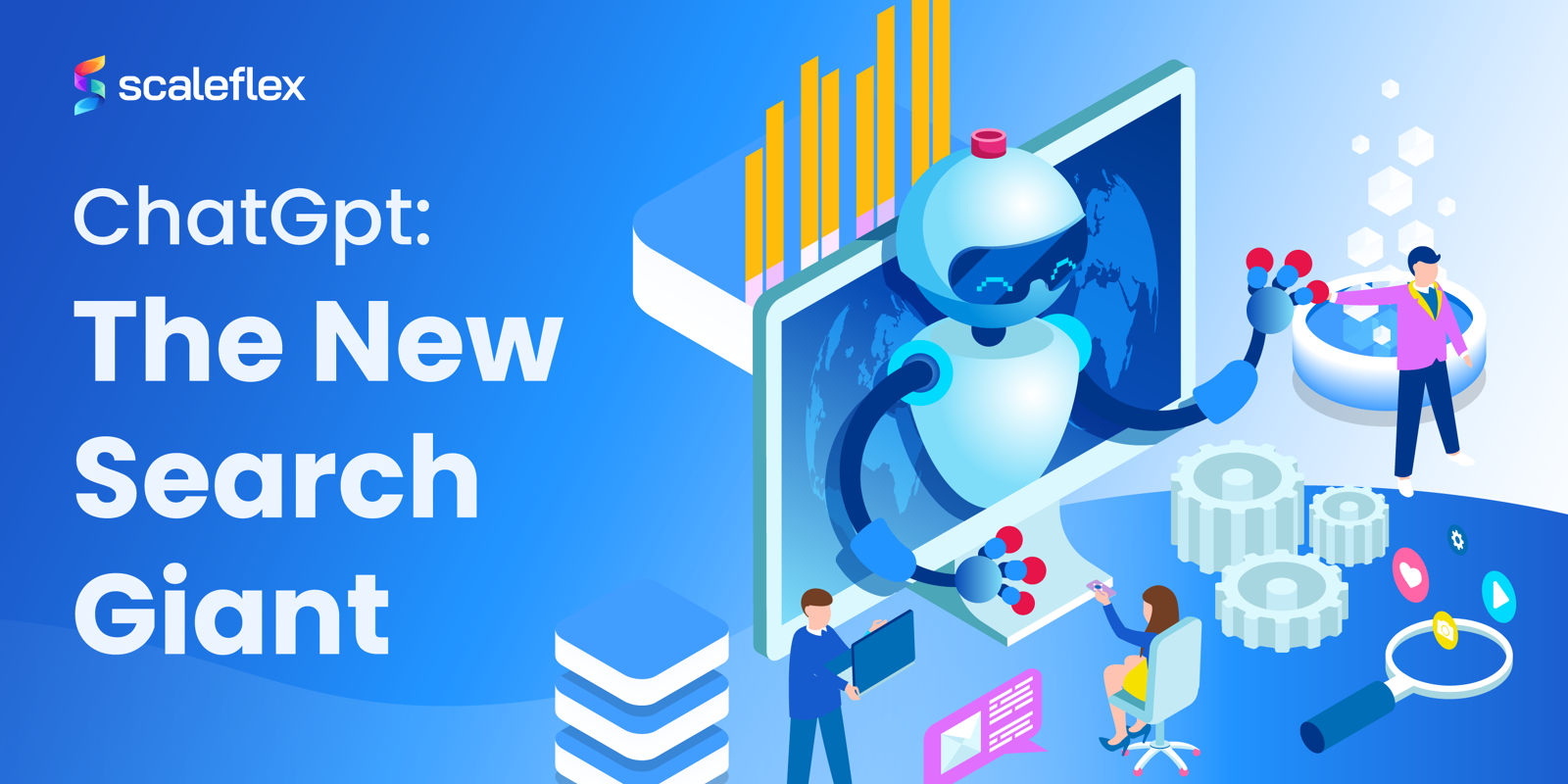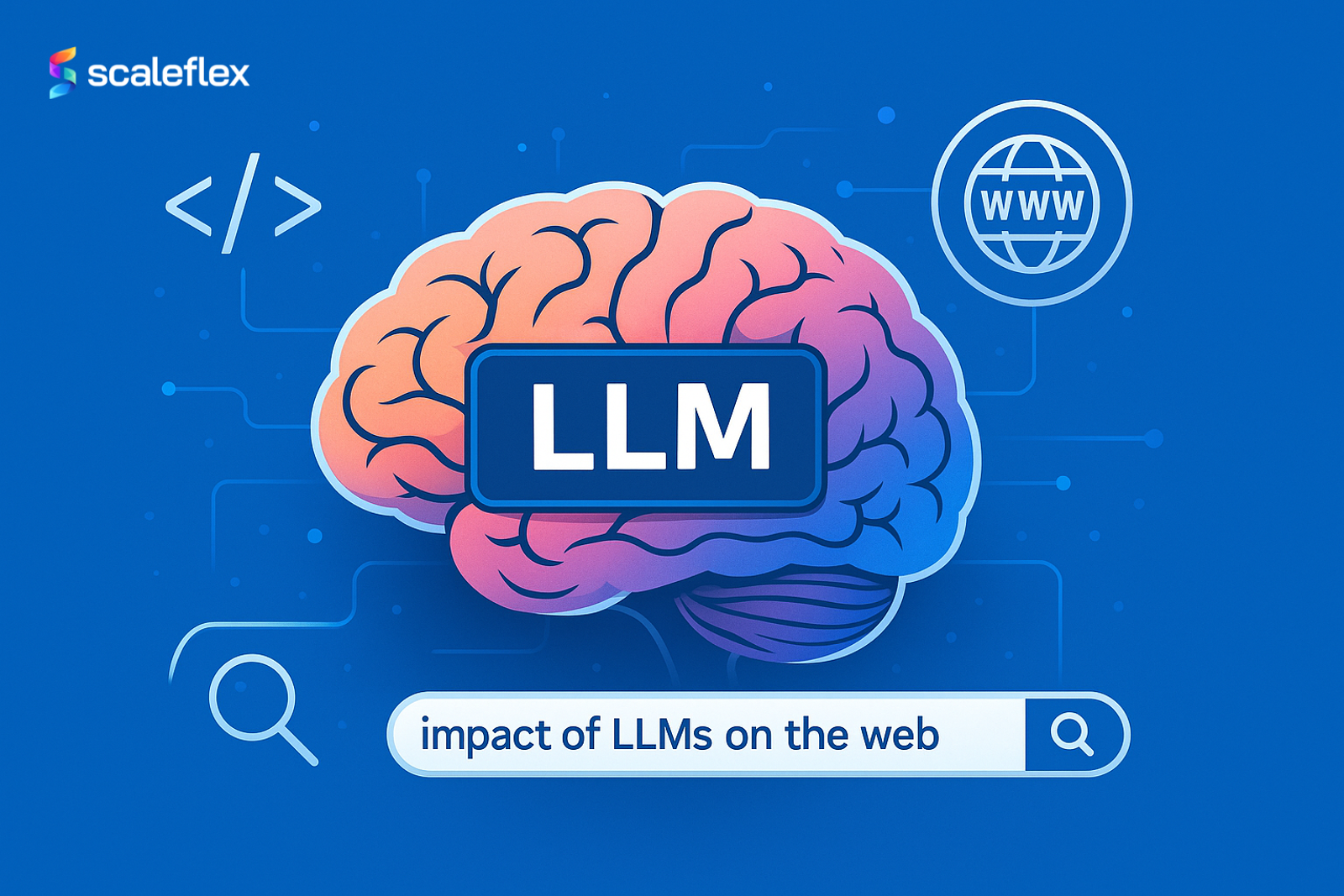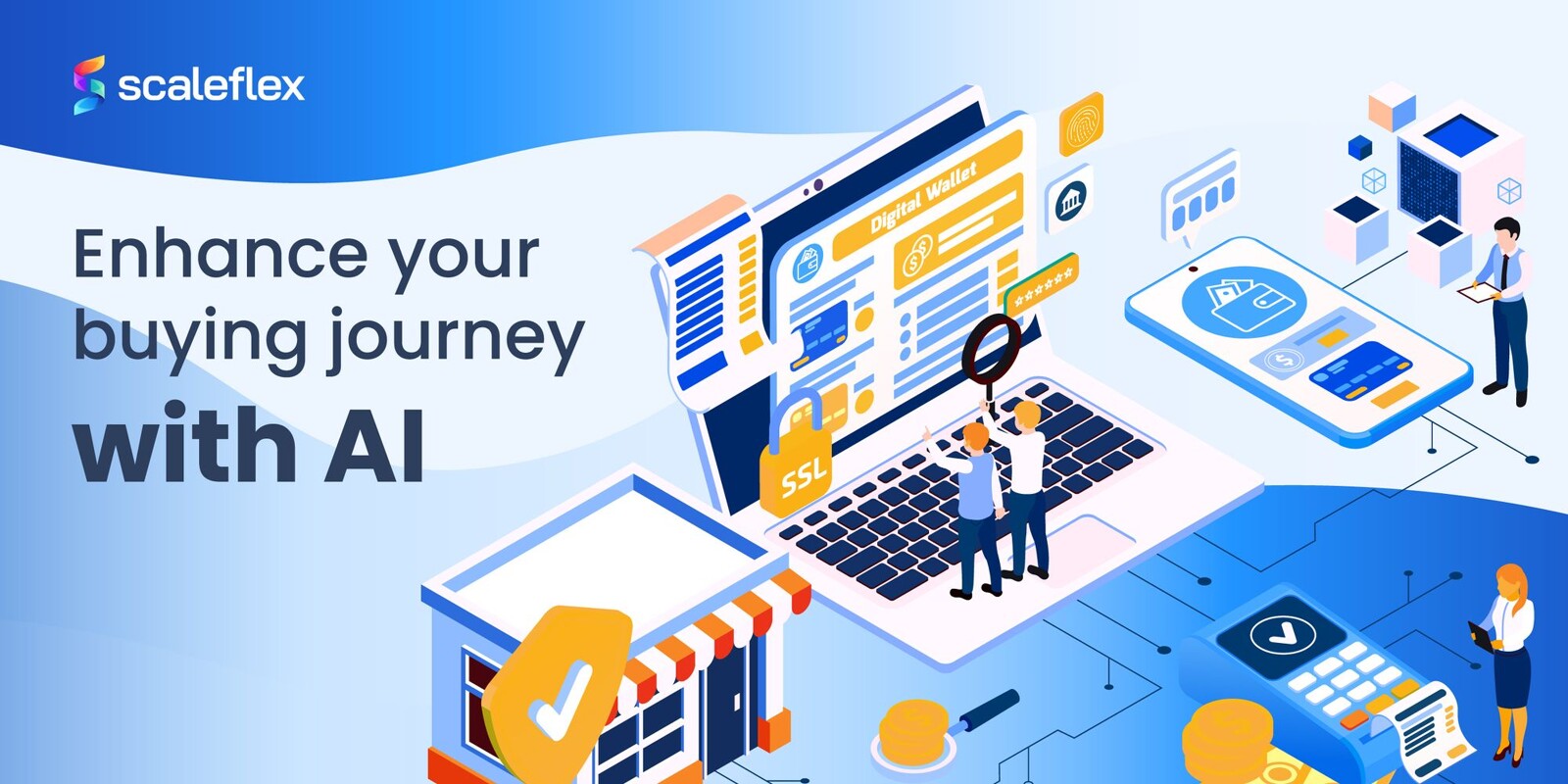6 Benefits of Using Visual AI in the Hospitality Industry
Our current digital landscape is evolving rapidly, with new tools and systems appearing periodically to reshape processes and our understanding of different industries. The tourism and hospitality sectors are no different, and their contours are currently being redefined by the transformative force of Artificial Intelligence (AI).
AI in hospitality industry has been an accelerator of enhanced customer experiences, streamlining operations and driving unprecedented growth. How? Thanks to last-generation algorithms, machine learning, visual AI and more, artificial intelligence in the hospitality industry has empowered the sector to anticipate travel preferences and optimize their output of images and content to interested travelers.
The result is a sector that is thriving with efficiency and unparalleled customer satisfaction. There are plenty of ways in which AI is revolutionizing the tourism and hospitality industry, but today we’re going to dive deeper into the specific manners in which visual AI is propelling these businesses forward.
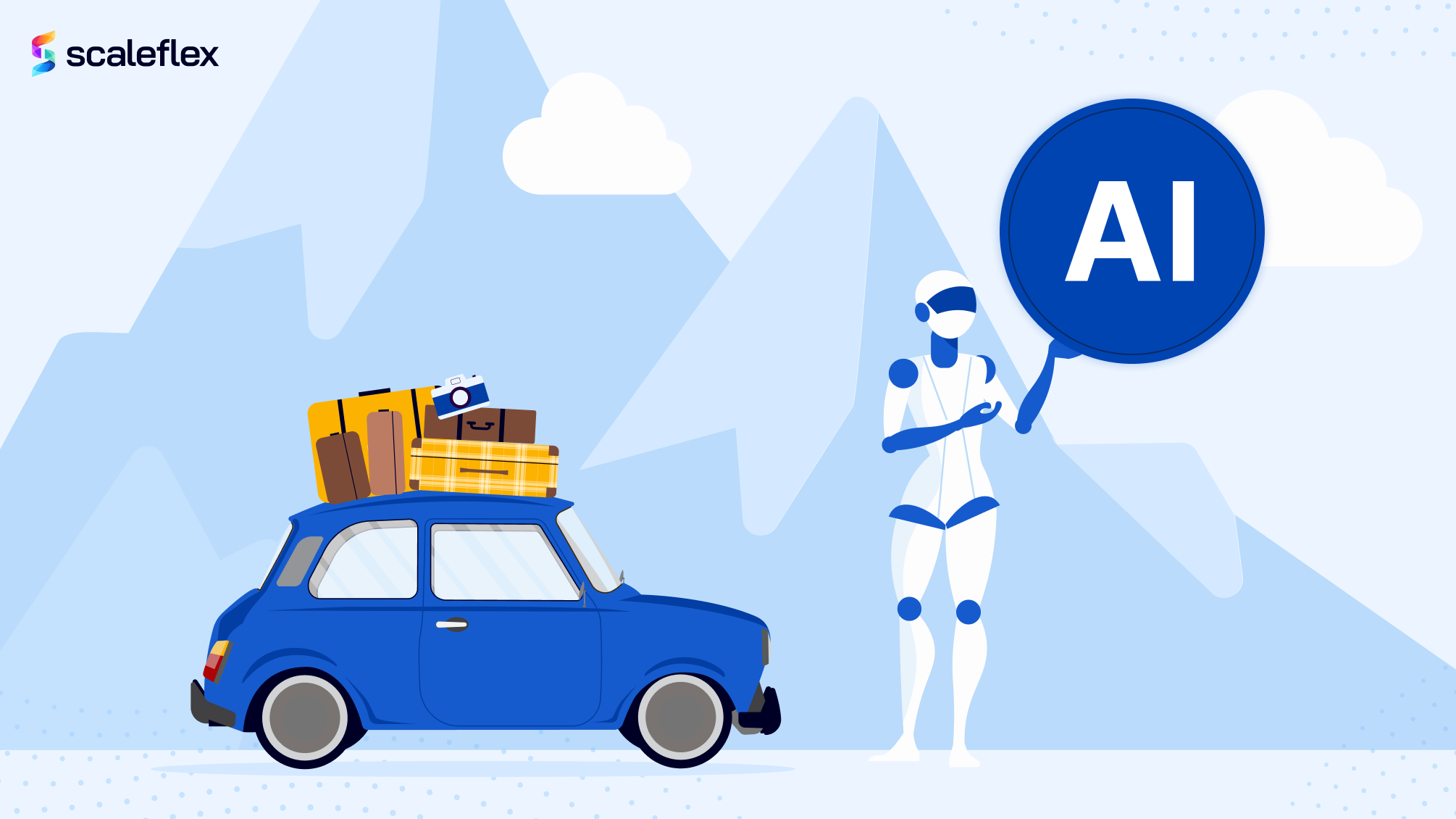
Types of AI in the Hospitality Industry
There are many different types of AI in the hospitality industry. Due to the dynamic nature of the sector, AI can be used at various levels and for different purposes. There are four fundamental types of AI whose use has become widespread in the hospitality industry:
- AI for Security: this kind of AI in tourism is used to bolster security measures, as it ensures secure check-in experiences for guests. Furthermore, facial recognition technology in the hospitality industry can allow hotels and resorts to tailor their services according to each guest, as well as expedite identity verification processes.
- Conversational AI: the most common form of conversational AI in hospitality are chatbots and virtual assistants that enable conversations powered by AI, which allows round-the-clock assistance to support customers promptly and efficiently. This type of AI usually boasts multilingual capabilities, which is particularly pertinent given the international dimension of the industry.
- Machine learning AI: these algorithms are capable of analyzing huge amounts of data to predict behaviors, which enables hotels, resorts, travel agencies and others to adapt their strategy to maximize revenue. They can also ensure predictive maintenance, allowing the timely upkeep of facilities and equipment.
- Visual AI: this category of AI in hospitality enhances client attraction by elevating the visual experience through, for example, pixel-perfect or auto-cropped and resized images. Visual AI is a part of Computer Vision, an area of AI that allows computers and systems to see and understand visual content. They can then take action or make recommendations based on their observations.
The many benefits of visual AI in tourism will be the core focus of our article today, and we will dive deeply into its different aspects in the next sections.
Benefits of Visual AI in the Hospitality Industry
The sector of tourism and hospitality is in constant evolution, as it integrates new technologies, trends, and travel preferences to constantly adapt and satisfy customers. In this ever-evolving landscape, visual AI is an unparalleled catalyst for innovation and optimization.
Visual AI in hospitality industry offers capabilities that range from image management to intelligent object detection and auto-tagging, as well as unprecedented distribution to propel businesses toward heightened efficiency and noticeable competitive advantages. We’re going to unravel together the ways visual AI works to amplify the success of the tourism and hospitality sector.
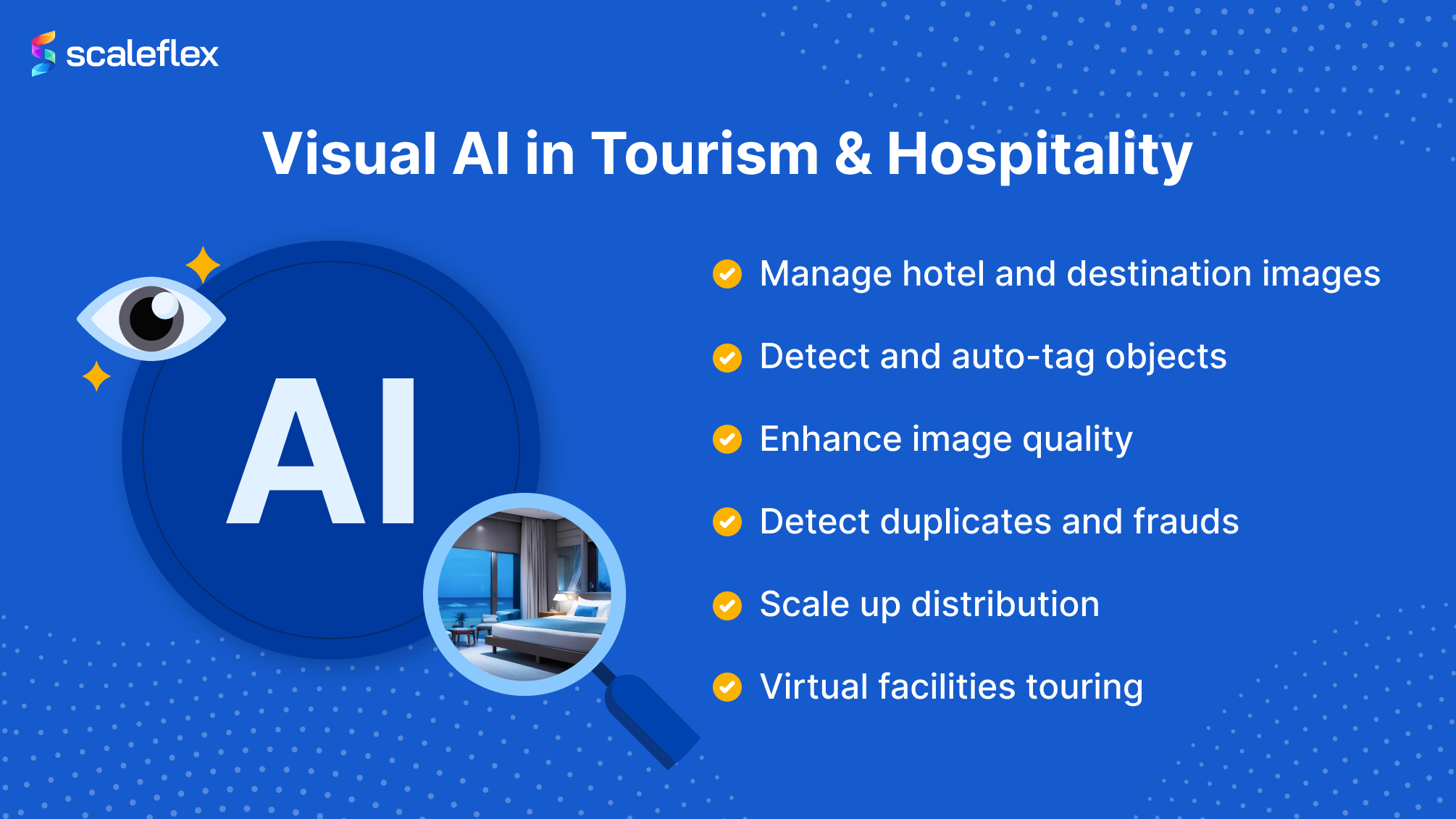
1. Manage hotel and destination images
As we all know, humans are visual beings: after all, 70% of sensory reports are in our eyes. It comes as no surprise then that the visual allure of a hotel or resort plays a significant role when it comes to the guest’s perception of its quality and appeal. Visuals are one of the main driving forces for hotel bookings.
Hotel and resort marketers are well aware of this reality, which is why nowadays content creators and other forms of new-age marketers can manage to make a living from creating and curating beautiful images of hotels, resorts and tourist attractions. However, this also means that oftentimes hotels are completely swamped with images that they must meticulously and tediously manage by hand.
Visual AI in the hospitality industry emerges as a form of sophisticated technology that can effortlessly organize vast image databases, ensuring a harmonious blend of high-quality photographs and captivating visuals that can showcase a hotel’s ambiance, its amenities and unique offerings, and effectively spark interest in holiday-makers.
Visual AI has a keen eye for detail, and can optimize image resolution as well as ensure a quick loading time, leading to an enhanced user experience. It can also seamlessly integrate with content management systems, which can allow it to tag images and suggest relevant alt-text, which makes a website not only visually appealing but also accessible to all users.
2. Detect and auto-tag objects
One of the most groundbreaking advantages of visual AI is its prowess in detecting and auto-tagging objects within images. This advanced technology allows for a meticulous analysis of visual content, making it possible to identify objects of all kinds: from luxurious furnishings to intricate decor elements. Visual AI automatically assigns relevant tags to these objects, which allows hotels, resorts and other businesses in the hospitality sector to effortlessly organize their image libraries.
This capacity streamlines content management and at the same time guarantees that the right visuals are seamlessly integrated in marketing materials, in the website and in all forms of guest communication. This can enhance a business's online presence as it captivates potential guests with highly qualitative visuals that showcase said business’s unique offerings.
Ultimately, this automated approach saves time and effort while enhancing brand appearing through the creation of a visually engaging experience.
3. Enhance images
Another one of visual AI’s many benefits: its capacity to enhance image quality. This capacity holds the power to completely transform the way hotels and other businesses in the hospitality sector manage and handle their visuals.
Through sophisticated generative algorithms, Visual AI is able to elevate ordinary photography by correcting imperfections, adjusting lighting and refining details, assuring maximum quality and definition. What does this mean for a business? The possibility to always showcase their commodities and spaces in the best possible light. After all, a luxurious hotel suite should count on luxurious, high-quality photography to convey its splendor.
The enhanced visual appeal could lead to increased online engagement and higher trust in the website’s content which would, ultimately, lead to more bookings. The hospitality sector is fiercely competitive and first impressions are paramount. Guaranteeing the quality and high level of definition necessary to stand out would imply many hours of joyless manual work. Visual AI in hospitality industry can automatically take over and ensure that a hotel’s image gallery radiates sophistication, hospitality, adventure, or any which aspect of travel you wish to bring forth.
4. Detect duplicates and frauds
The capacity that Visual AI has to detect duplicate images and false visuals is a complete game-changer for hotels and businesses. Artificial Intelligence in the hospitality industry can scan vast image databases thanks to advanced algorithms, and quickly detect the duplicates and flag the fraudulent content.
This is an invaluable capacity that protects the business's reputation and online presence. Preventing misleading visuals and false claims are fundamental to maintain brand integrity, but it’s also essential for a good digital marketing strategy, where the search engine’s will dock off points to non-trustworthy websites.
Building trust is key to maintaining existing clients and inviting potential ones to take the leap and contract the hotels’ services, so enlisting tools to help protect this relationship of trust is paramount.
5. Scale up distribution
Visual AI is the tool that is currently changing the way online businesses distribute their images, enabling swift scaling and automated distribution processes. Visual AI can automate the process of cataloging, organizing, and sharing vast amounts of images across multiple platforms.
This translates into effortless management of visual assets for hotels and other businesses in the hospitality sector. Visual AI can guarantee consistent, high-quality images across booking platforms, social media channels and official websites. This enhances brand cohesiveness as well as customer engagement. It also takes the load of manually distributing these assets off of your collaborator’s shoulders.
Visual AI proposes a streamlined approach that can save invaluable time and resources. The global market is driven by visuals appeal, so any tool that strives at easing distribution and bolstering a qualitative online presence is now a must-have business advantage.
6. Virtual facility touring
A new, revolutionary feature: visual AI in hospitality is now permitting virtual tours of hotels and tourist destinations. Through the use of very advanced algorithms, visual AI in tourism can seamlessly weave high-resolution images together to create immersive 360-degree experiences that take potential guests to the heart of a hotel’s ambiance or a specific destination’s charm.
For hotels, this is an undeniably powerful marketing strategy that offers prospective guests a realistic pre-taste of their stay. This fosters trust and loyalty between brand and consumers. These virtual visual AI generated tours are very rich in details and setting, enhancing online engagement and effectively empowering traveler’s to make informed booking decisions. Overall, this succeeds in elevating the industry’s standard of consumer interaction and satisfaction.
Key Examples of AI in Hospitality
There are many examples of AI in tourism and hospitality industry. Having some concrete use cases in mind can help bring home the usefulness and advantages that this tool provides.
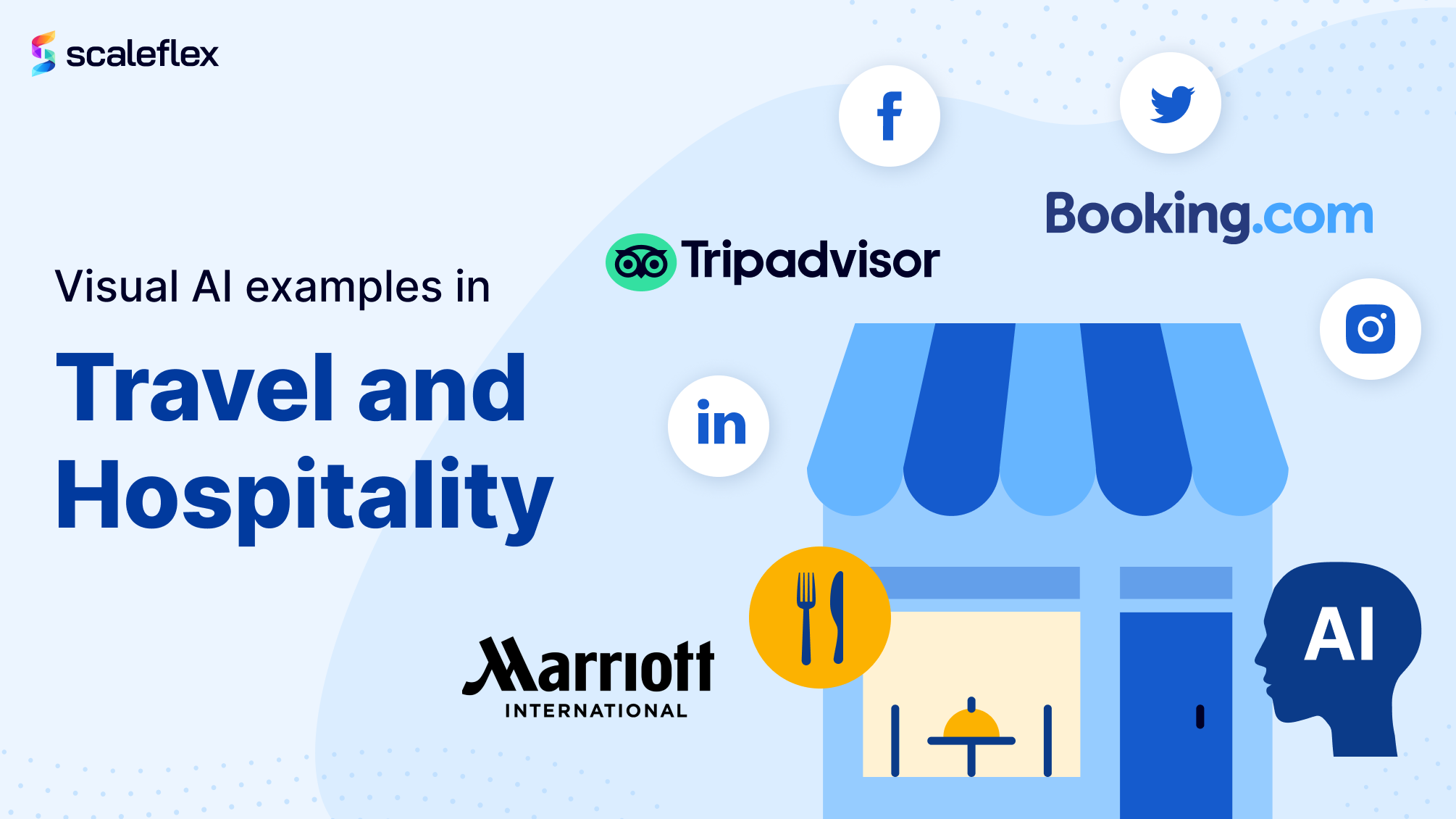
- Optimization of booking platforms: major platforms such as Booking.com already harness the power of Visual AI to automatically enhance and standardize the hotel images uploaded by different establishments to their website. The secret of the success of such platforms is that they provide a visually appealing and trustworthy browsing experience, which is why ensuring all images meet a consistent quality is essential. This significantly boosts conversion rates as well as bookings.
- Augmented reality tours: some hotels like Marriott International already use visual AI to offer virtual tours of hotel rooms and amenities in the form of augmented reality. The beauty of this immersive experience is that it not only enhances customer engagement, but it allows guests to make informed decisions, building trust and loyalty with the hotel brand.
- Automated image tagging for social media: auto-tagging has been widely used on social media platforms for a number of years. Instagram’s AI algorithms, for instance, automatically recognize and tag locations as well as objects within images. This automatic process improves the upload of user-generated content. It ensures that posts are correctly categorized, it facilitates promotion of the location, and it ensures that hotels, restaurants and others have easy access to all content posted about them.
- Fraud prevention in online reviews: online booking platforms such as TripAdvisor use Visual AI to aid them in the detection of fraudulent or misleading images posted in hotel and restaurant reviews. In identifying false representations, visual AI helps guarantee that online reviews remain reliable and trustworthy. This is essential, as ratings and reviews are amongst the top factors that influence purchase decisions in customers nowadays.
- Menu and food recognition: restaurants and resorts are already using Visual AI as a way of enhancing dining experiences. Thanks to AI-powered apps, dishes are recognized through smartphone’s cameras, and the AI can provide detailed information regarding ingredients, preparation methods, and nutritional values. This is a huge revolution for guests with dietary restrictions, but it also just adds a beautiful interactive layer to the dining experience of any guest’s culinary journey.
Key Takeaways
As we’ve seen throughout the article, the use of AI in hospitality is a transformative force that has changed the way various facets of the industry work. Specifically, Visual AI stands at the forefront of this evolution, bringing about advantages and streamlining processes that would otherwise cost valuable efforts and resources that can be plagued by human error.
AI in the travel industry manages and enhances images, it crafts visually compelling narratives for hotels and businesses, it captivates potential guests and drives bookings. Its ability to detect and auto-tag objects moreover guarantees optimal organization and accessibility. Its role in fraud prevention and duplicate detection fosters trustworthiness, a fundamental element in today’s online consumer landscape.
At Scaleflex, we work with our reliable partner DeepSignals to offer our customers the many benefits of unique Visual AI functionalities as standalone solutions or pairing them with our Digital Asset Management platform for maximum efficiency.
FAQ
How is Artificial Intelligence helpful in travel?
Some key ways in which Artificial Intelligence is helpful in travel are the personalized recommendations, the efficient booking processes and the real-time customer support. AI can analyze enormous data sets, which enhances pricing strategies and predicts demand patterns. Other tools, such as chatbots and virtual assistants, provide instant assistance, thus optimizing the user experience. Overall, Artificial Intelligence automates and streamlines operations, while elevating customer satisfaction and redefining travel services.
What are the benefits of AI in hospitality?
Some of the main benefits of AI in hospitality is that it optimizes guest experiences with personalized services, efficient operations, and by streamlining bookings. AI can also enhance customer services in hospitality via chatbots and virtual assistants. It can predict demand patterns and refine pricing strategies. In the hospitality industry, AI ensures data security and can analyze guest feedback, leading to improved satisfaction and more operational efficiency.
How do hotels use AI?
Hotels use Artificial Intelligence to personalize guest’s experience. They use chatbots and virtual assistants to improve the quality of their customer service. Thanks to AI, they’re able to optimize their pricing strategy, predict demand patterns and automate bookings, thus enhancing operational efficiency. Hotels also ensure data security, analyze guest’s feedback and get help in room customization thanks to AI, all of which leads to improved services and higher satisfaction levels among guests.
Return to the Table of Contents


